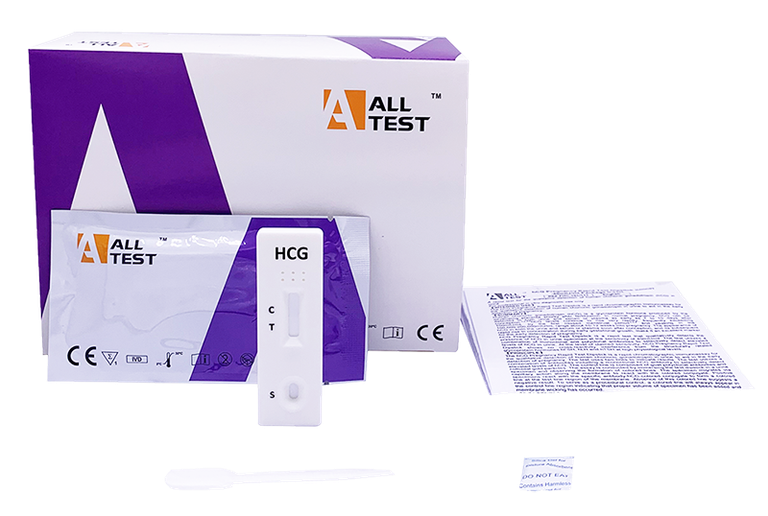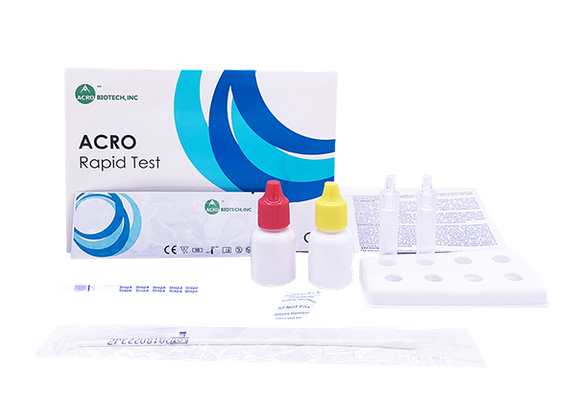February 4 is World Cancer Day
February 4th is World Cancer Day, a global health awareness day aiming to raise awareness about cancer and taking action against the disease. With World Cancer Day approaching, we want to discuss colorectal cancer and bladder cancer - both of which are among the 10 most common cancers worldwide - and their diagnostics.

Colorectal cancer
Colorectal cancer is the third most common cancer and the second most common cancer-related cause of death worldwide.1 Additionally, colorectal cancer is responsible for the highest proportion of cancer-related deaths in Europe.2
Early detection of colorectal cancer can reduce the incidence and mortality. Non-invasive screening methods that use stool samples can detect the presence of colorectal cancer or precancerous polyps.3
QuikRead go® iFOBT is a faecal immunochemical test (FIT) for the detection and quantitation of haemoglobin (Hb) in faeces. The test can be used in routine physical examinations and in screening programmes for colorectal cancer.
Learn more from QuikRead go iFOBT product page.
Bladder cancer
Bladder cancer is the 10th most common cancer worldwide and the 5th most common cancer in Europe.1 Non-muscle-invasive bladder cancer (NMIBC) accounts for the majority of newly diagnosed bladder cancers. With up to 70% of patients experiencing recurrence within 2 years of initial treatment and 10-15% progressing to higher risk cancer, monitoring of bladder cancer is vital.4
Bladder EpiCheck® provides patients and clinicians with a simple, non-invasive and accurate urine test to detect recurrence of bladder tumors. Bladder EpiCheck uses a panel of 15 DNA methylation markers and is included in the EAU (European Association of Urology) guidelines for bladder cancer surveillance. Bladder EpiCheck is approved for the diagnosis and surveillance of both UTUC and NMIBC.
Aidian distributes Bladder EpiCheck in the Nordics. For more detailed information about Bladder EpiCheck, head to the Bladder EpiCheck product site or contact us.
References:
- World Health Organization. Global Cancer Observatory database. https://gco.iarc.fr/ Accessed 29.12.2023
- United European Gastroenterology. Burden, economic impact and research gaps. Key findings from the Pan-European study on digestive diseases and cancers. https://www.nxtbook.com/ueg/UEG/burden-economic-impact-and-research-gaps/index.php Accessed: 19.10.2023
- World Health Organization. Colorectal Cancer. Colorectal cancer. https://www.who.int/news-room/fact-sheets/detail/colorectal-cancer Accessed: 29.12.2023
- Biomarkers in the management of non-muscle invasive bladder cancer (NMIBC), BCaMonitor, Updated May 2023


